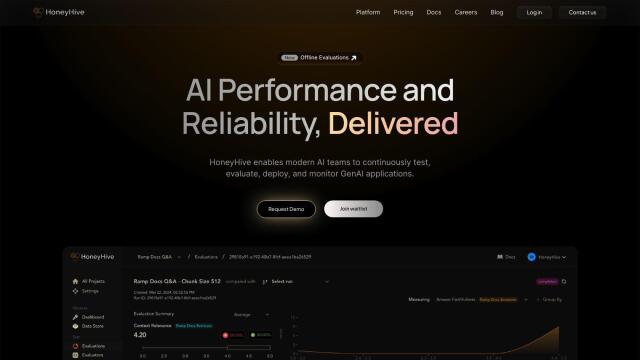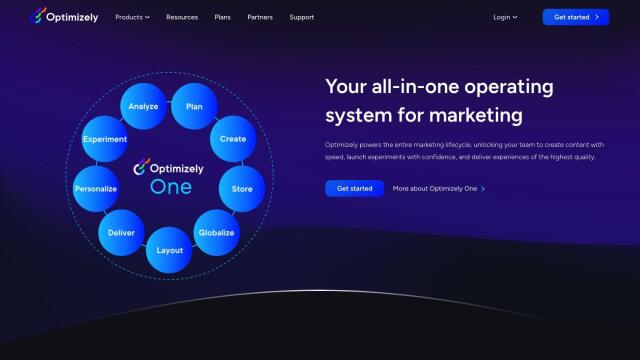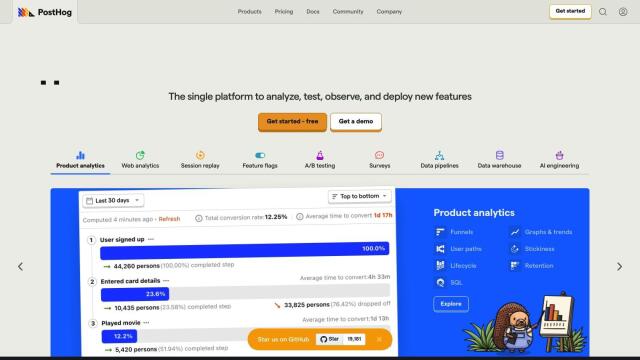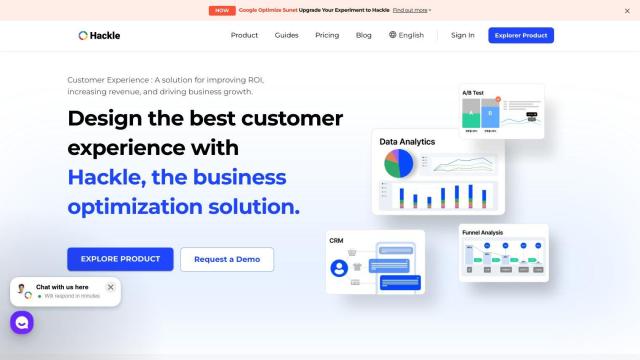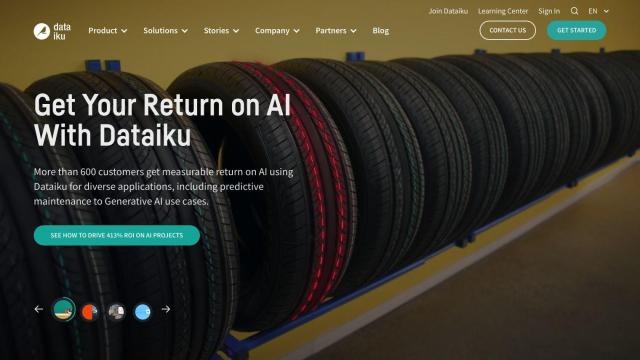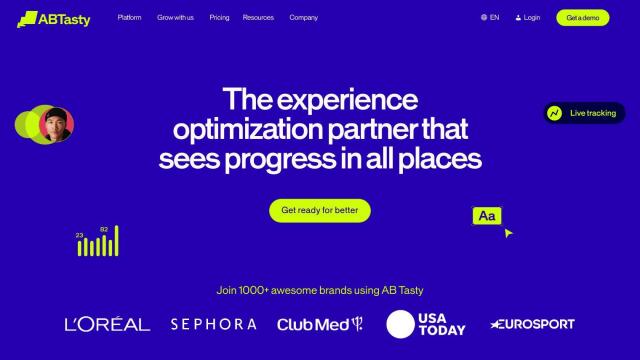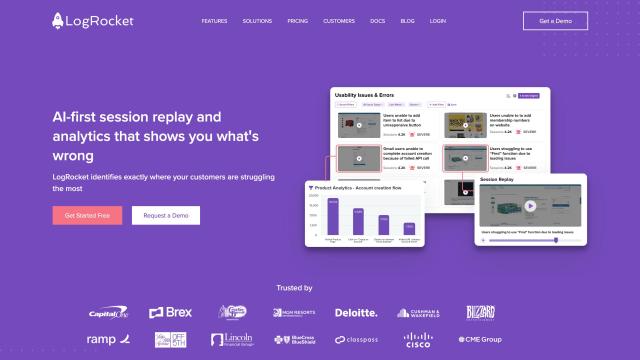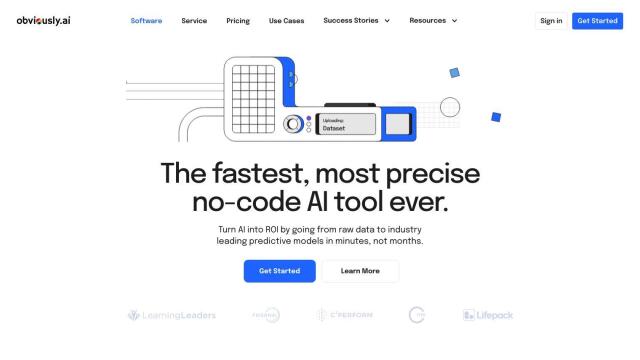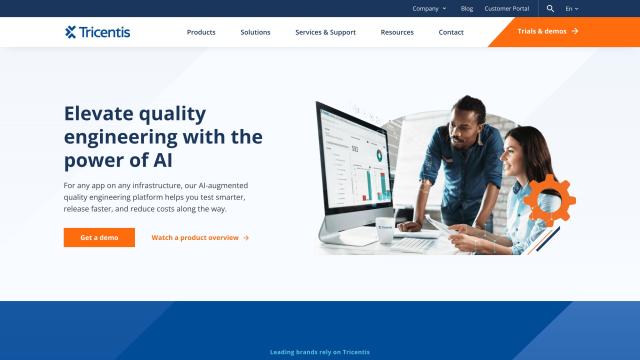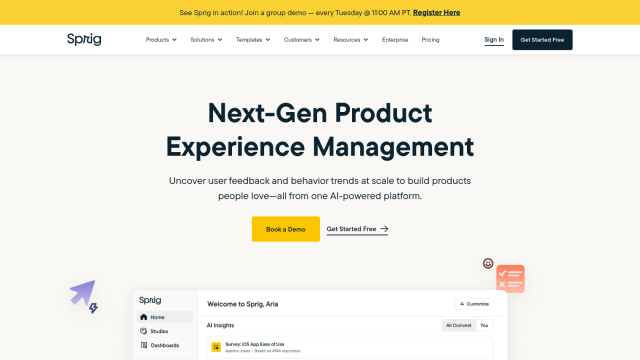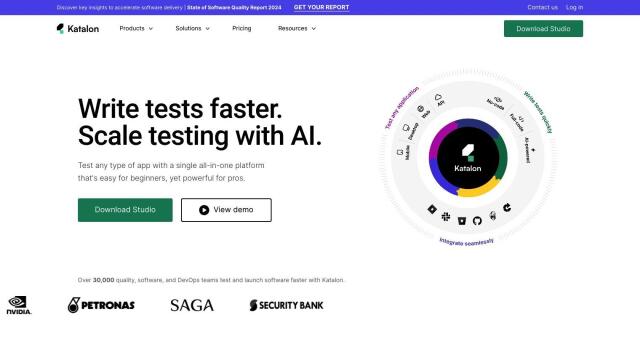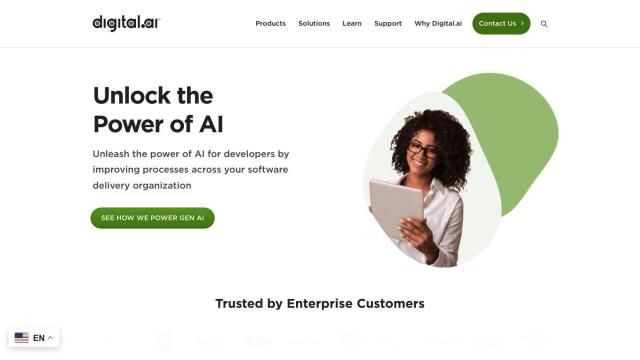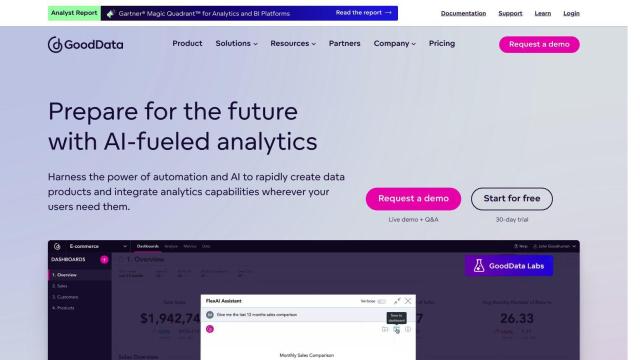Question: Can you recommend a platform that helps me accelerate experimentation and deliver features with data-driven confidence?

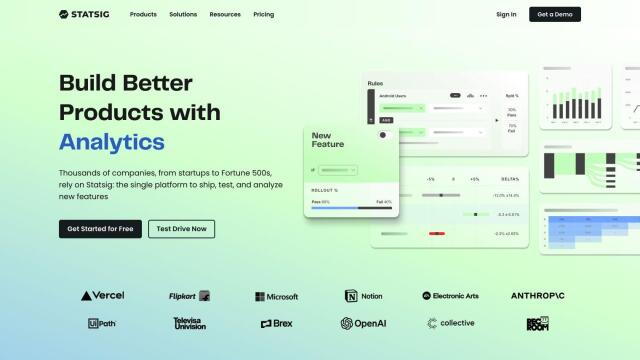
Statsig
If you want to speed experimentation and ship features with data-backed confidence, Statsig is a good all-in-one option. It includes products like Experiments for automated analysis, Feature Flags for controlling rollouts, Analytics for data-driven decisions, and Session Replays for understanding behavior. With enterprise-scale infrastructure and flexible pricing levels, Statsig can handle everything from running experiments to managing features in your own warehouse.

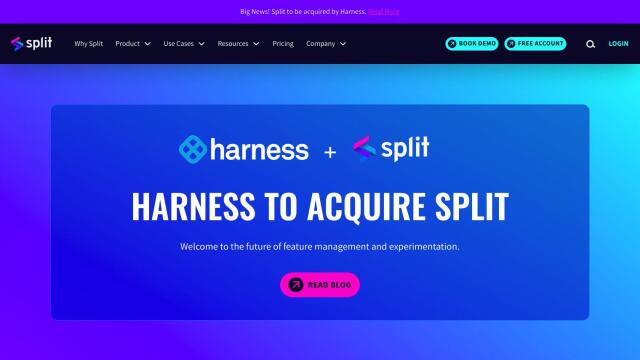
Split
Split is another good option, combining feature flag management, software experimentation and continuous delivery to help product development teams move new features to production quickly and safely. It offers feature observability and testing through automated rollout monitoring and A/B testing so teams can measure the effect of every release and respond to problems immediately. Split's 100% feature-level observability and integration with other tools makes it a good option for teams that want to minimize risk and maximize efficiency.

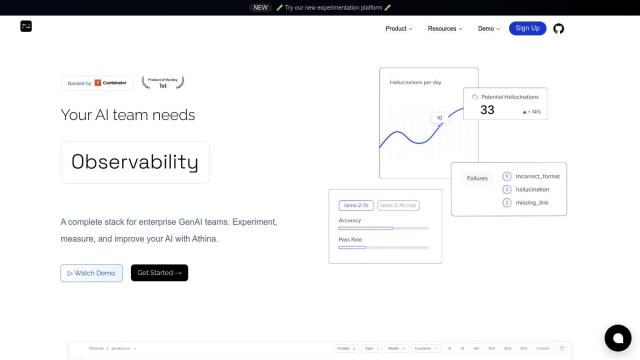
Athina
If you're working on AI applications, Athina is a full stack for experimentation, measurement and optimization. It offers real-time monitoring, cost tracking and customizable alerts, as well as features like LLM Observability and GraphQL API Access. Athina's flexible pricing means it's good for small or large teams, and it gives them the ability to systematically test new prompts and deploy with confidence.

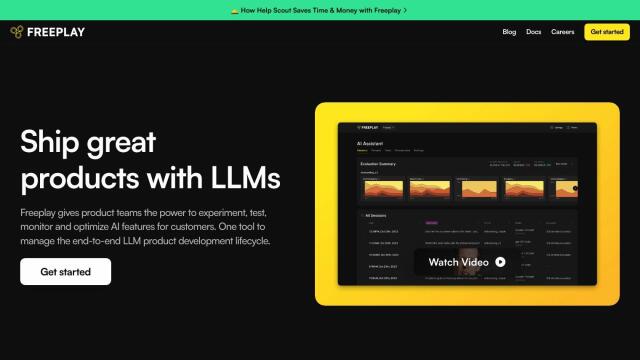
Freeplay
Freeplay is another good option, particularly for large language model product development. It automates experimentation, testing, monitoring and optimization with features like prompt management, automated batch testing and AI auto-evaluations. With lightweight developer SDKs and deployment options, Freeplay lets teams prototype faster and test with confidence, making it a good option for enterprise teams looking to speed up their development.

